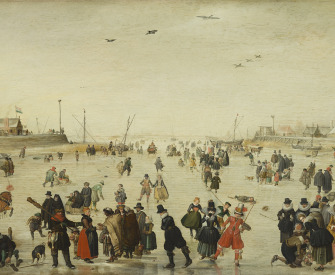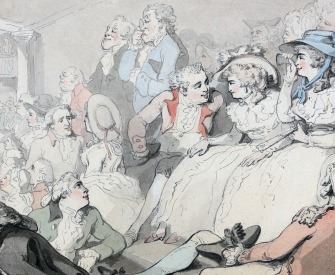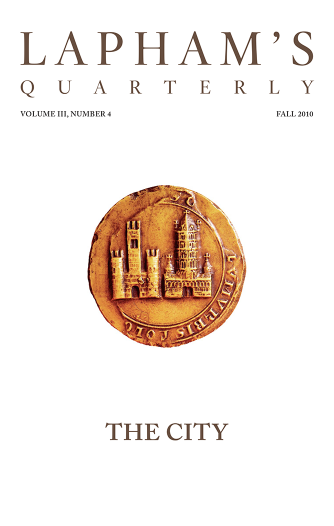Injuries affecting a man’s reputation or good name are, first, by malicious, scandalous, and slanderous words, tending to his damage and derogation.
As, if a man maliciously and falsely utter any slander or false tale of another, which may either endanger him in law, by impeaching him of some heinous crime, as to say that a man hath poisoned another, or is perjured; or which may exclude him from society, as to charge him with having an infectious disease; or which may impair or hurt his trade or livelihood, as to call a tradesman a bankrupt, a physician a quack, or a lawyer a knave. Words spoken in derogation of a peer, a judge, or other great officer of the realm, which are called scandalum magnatum, are held to be still more heinous; and though they be such as would not be actionable in the case of a common person, yet when spoken in disgrace of such high and respectable characters, they amount to an atrocious injury, which is redressed by an action on the case founded on many ancient statutes, as well on behalf of the crown, to inflict the punishment of imprisonment on the slanderer, as on behalf of the party, to recover damages for the injury sustained. Words also tending to scandalize a magistrate or person in a public trust are reputed more highly injurious than when spoken of a private man. It is said that formerly no actions were brought for words unless the slander was such as (if true) would endanger the life of the object of it. But too great encouragement being given by this lenity to false and malicious slanderers, it is now held that for scandalous words of the several species before mentioned (that may endanger a man by subjecting him to the penalties of the law, may exclude him from society, may impair his trade, or may affect a peer of the realm, a magistrate, or one in public trust) an action on the case may be had, without proving any particular damage to have happened, but merely upon the probability that it might happen. But with regard to words that do not thus apparently, and upon the face of them, import such defamation as will of course be injurious, it is necessary that the plaintiff should aver some particular damages to have happened, which is called laying his action with a per quod. As, if I say that such a clergyman is a bastard, he cannot for this bring any action against me unless he can show some special loss by it; in which case he may bring his action against me, for saying he was a bastard, per quod he lost the presentation to such a living. In like manner, to slander another man’s title by spreading such injurious reports as, if true, would deprive him of his estate (as to call the issue in tail, or one who has land by descent, a bastard) is actionable, provided any special damage accrues to the proprietor thereby, as, if he loses an opportunity of selling the land. But mere scurrility, or opprobrious words, which neither in themselves import, nor are in fact attended with, any injurious effects will not support an action. So scandals which concern matters merely spiritual, as to call a man heretic or adulterer, are cognizable only in the ecclesiastical court, unless any temporal damage ensues which may be a foundation for a per quod. Words of heat and passion, as to call a man rogue and rascal, if productive of no ill consequence, and not of any of the dangerous species before mentioned, are not actionable; neither are words spoken in a friendly manner, as by way of advice, admonition, or concern, without any tincture or circumstance of ill will; for in both these cases, they are not maliciously spoken, which is part of the definition of slander. Neither are any reflecting words made use of in legal proceedings, and pertinent to the cause in hand, a sufficient cause of action for slander. Also, if the defendant be able to justify, and prove the words to be true, no action will lie, even though special damage has ensued; for then it is no slander or false tale. As, if I can prove the tradesman a bankrupt, the physician a quack, the lawyer a knave, and the divine a heretic, this will destroy their respective actions; for though there may be damage sufficient accruing from it, yet if the fact be true, it is damnum absque injuria; and where there is no injury, the law gives no remedy.
From Commentaries on the Laws of England. The orphaned son of a silk merchant, Blackstone began studying law at Middle Temple in 1741. He published his Commentaries, which became the basis of common-law education in Great Britain, in four volumes from 1765 to 1769. The first statute to concern scandalum magnatum, enacted under Edward I in 1275, forbade any “false news or tales whereby discord, or occasion of discord, or slander may grow between the king and his people, or the great men of the realm.” Though rarely enforced after the seventeenth century, the statute was not repealed until 1887.
Back to Issue



